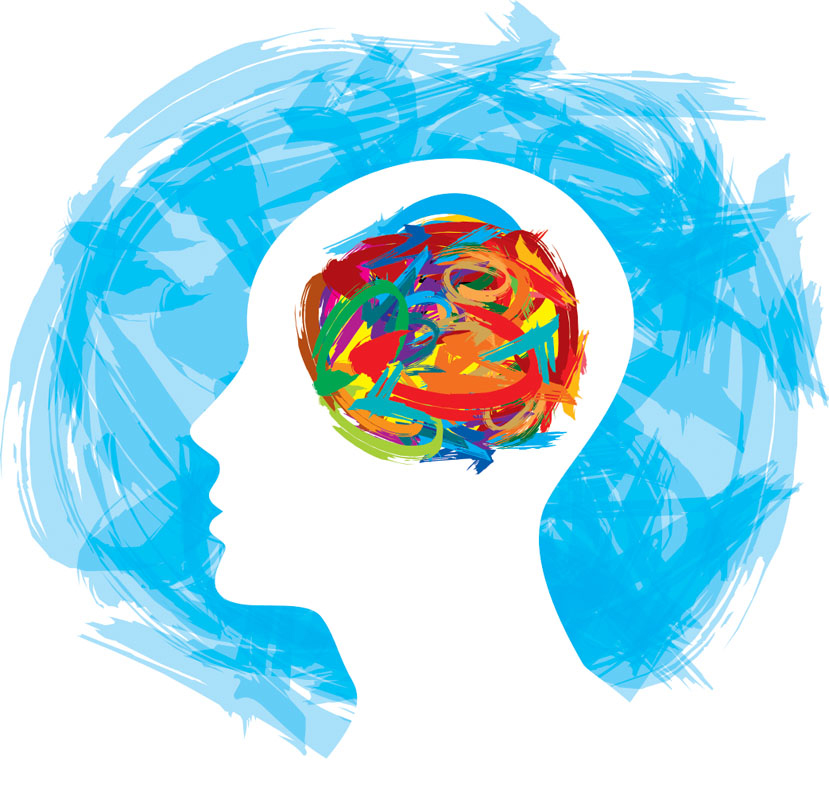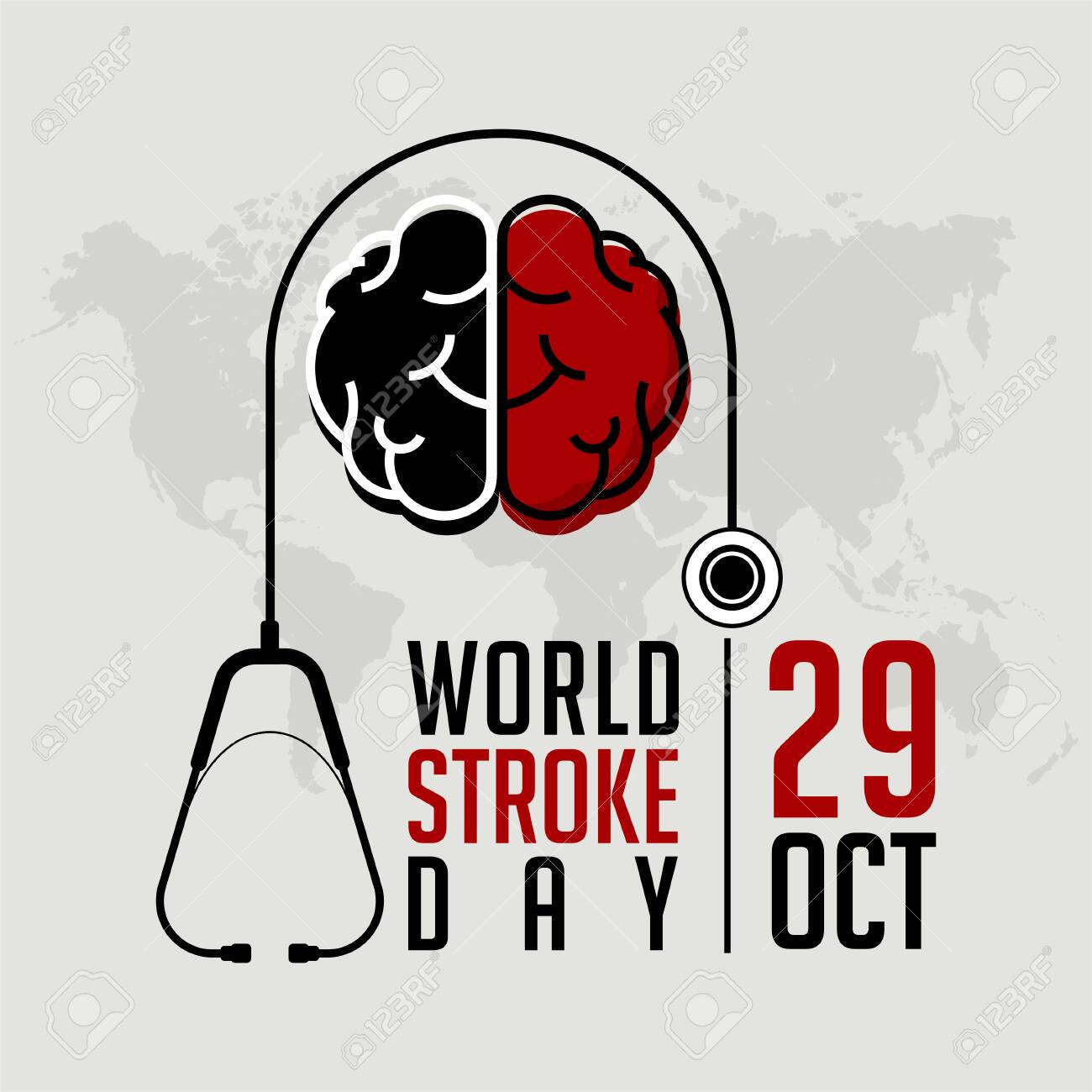Usually men do not share any problems related to mental illnesses to others nor ask anyone for their help. Actually, this is due to our social status and men are not able to talk about illness, especially mental illness, to anyone only because of thinking that it is a sign of weakness. This is the reason that when a disease like depression is in its early stage then men ignore it and then it takes a terrible form.

Experts say that the success of any person’s treatment and resolution of problems depends to a great extent on how much truth he has told his counselor and how much comfort his counselor has been able to provide him with ease. Share personal problems. According to the Center for Workforce Studies 2013, the number of Mental Health Support Providers in the US is 2.1 female counselors and assistants per male, while in the entire state, it is less than 1000. While it is more difficult for men to get the help of a male counselor because their number is even more limited.
According to the National Institute of Mental Health 2019, when a man is suffering from mental illnesses especially depression, then you get to see things like this in his behavior …
– Too much anger, Irritate on small talk Go, too much movement and instant mood swings.
-Looking high and having energy level low feel. Anxiety and stress dominate.
– Such people either have trouble sleeping or they sleep more than necessary.
– Calling for alcohol and drugs as well as dominating sadness and despair.
– Frequent headache and heavyness in the head as well as digestive problems.
Leaving aside the rest of the world, more than 6 million men are suffering from mental illness and especially depression every year in a developed country like America. At the same time, 3 million men have panic disorder. Here 1.5 million men between the ages of 16 and 25 have to suffer from bipolar disorder. At the same time, 35 percent of men suffer from eating disorder. America’s famous researcher Wayne Heriford gave this information in his latest research based on data released by Mental Health of America.
Decreased testosterone hormone in men is associated with depression, stress, and mood swings. This is especially seen in older men. But in many situations genes are also responsible for depression. If there have been cases of this disease in the family history of a man, then there are more chances of him getting into depression.











